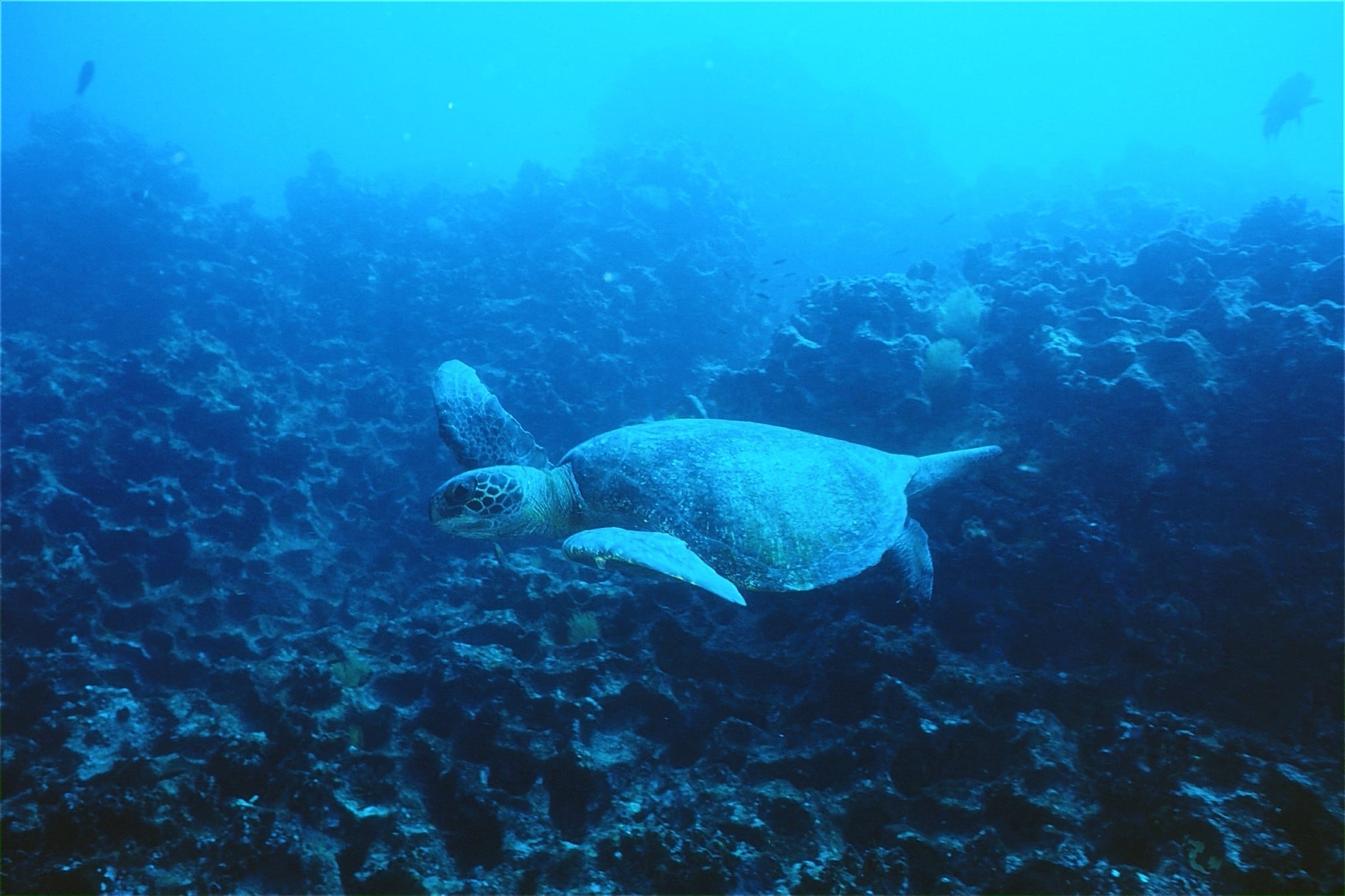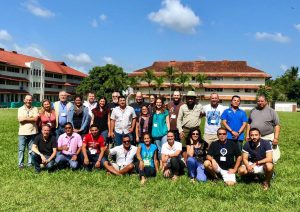IFOP Researcher Patricia Zárate is incorporated as Migramar member
January 16th, 2018Migramar is a research and conservation institutions network that work together to understand marine migratory species dynamics in the eastern Pacific. www.migramar.org
In Panama City, Dr. Patricia Zárate participated in several activities organized by Migramar. The event had in its first stage of development a workshop of Bio-logging, this training was focused on different analyzes learning and application for data of electronic and acoustic marks transmission used to study movements, behavior and physiology of an animal and / or of your environment. Subsequently, the Annual Symposium on Eastern Pacific Swimways and Highly Migratory Species was held, where both Migramar members and guests presented their research at their study sites. The investigations presented covered the entire East Pacific region, from the United States to Chile where they have made markings for several species of sharks, including hammerheads and whale sharks, green turtles, leatherback turtles and whales.
Dr. Zárate spoke about Monitoring Project of Highly Migratory Resources with Ecosystemic Approach research carried out within IFOP ´s Oceanography and Environment Department that she directs highlighting pelagic sharks conventional and satellite marking program , biological monitoring of sea turtles and the sighting of cetaceans and highlighting the connectivity of some of these species as they move between their breeding areas located in the eastern tropical Pacific to their feeding areas located in the south east Pacific.
The last part of the event corresponded to a General Assembly where ballotage was taken for new network members incorporation and later they were welcomed, among them two Chileans were accepted, Drs. Patricia Zárate (IFOP) and Rodrigo Hucke (Universidad Austral de Chile).
The incorporation of Dr. Zárate to Migramar network will open possibilities for future training, advice and collaborations for the Institute at a regional level. In addition to this, the studies carried out in Chile will contribute to improve the knowledge of the biology and ecology of the species present in the southern limit of their range of distribution in the eastern Pacific.

